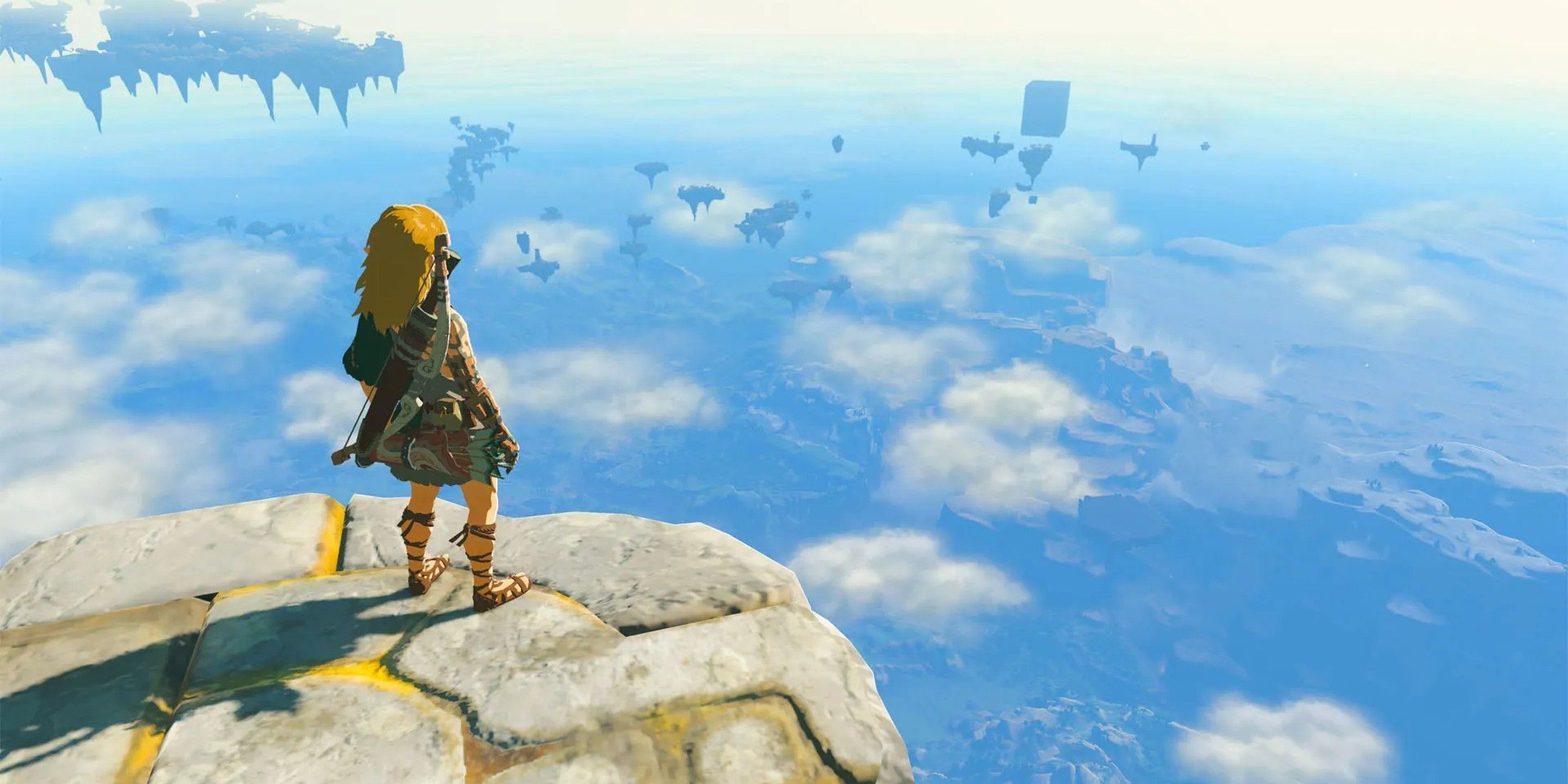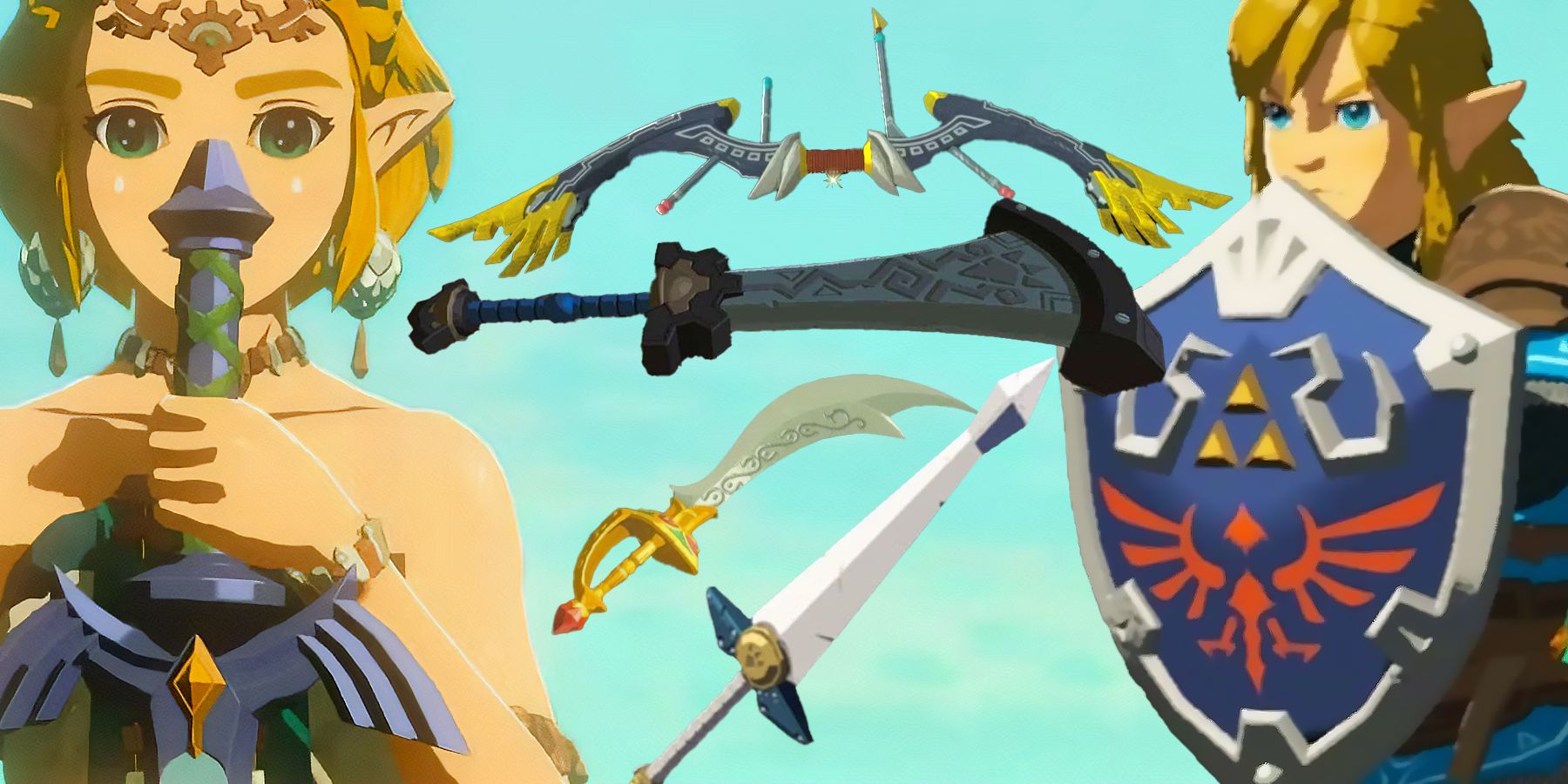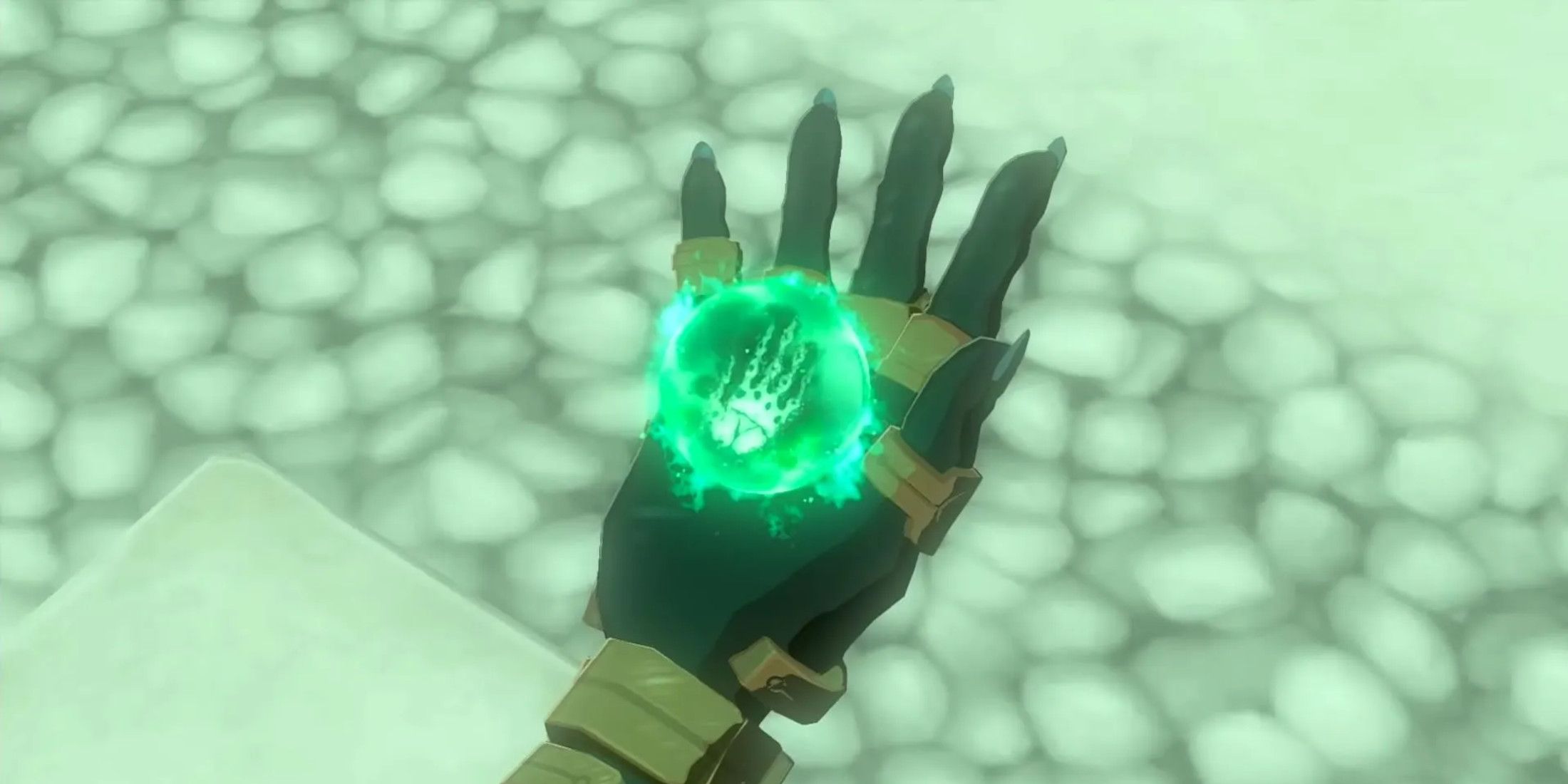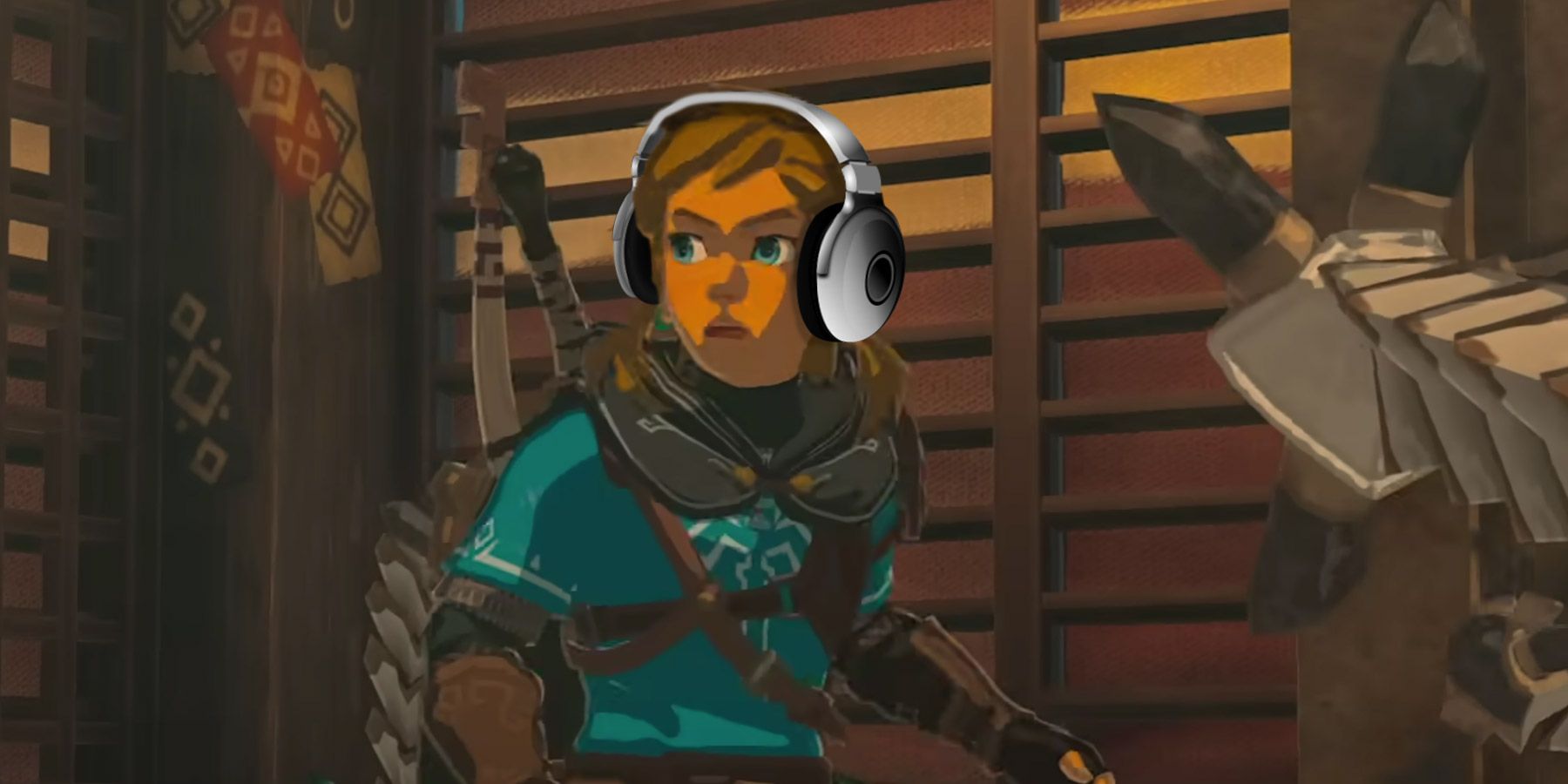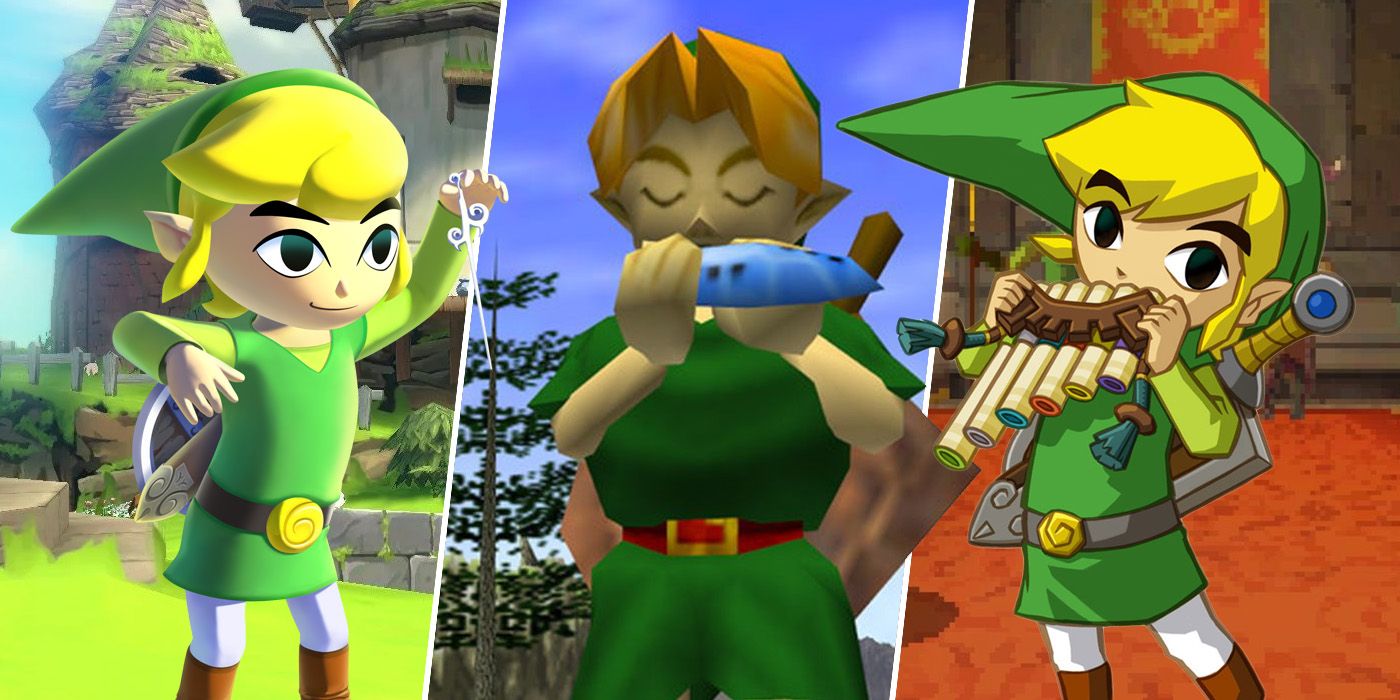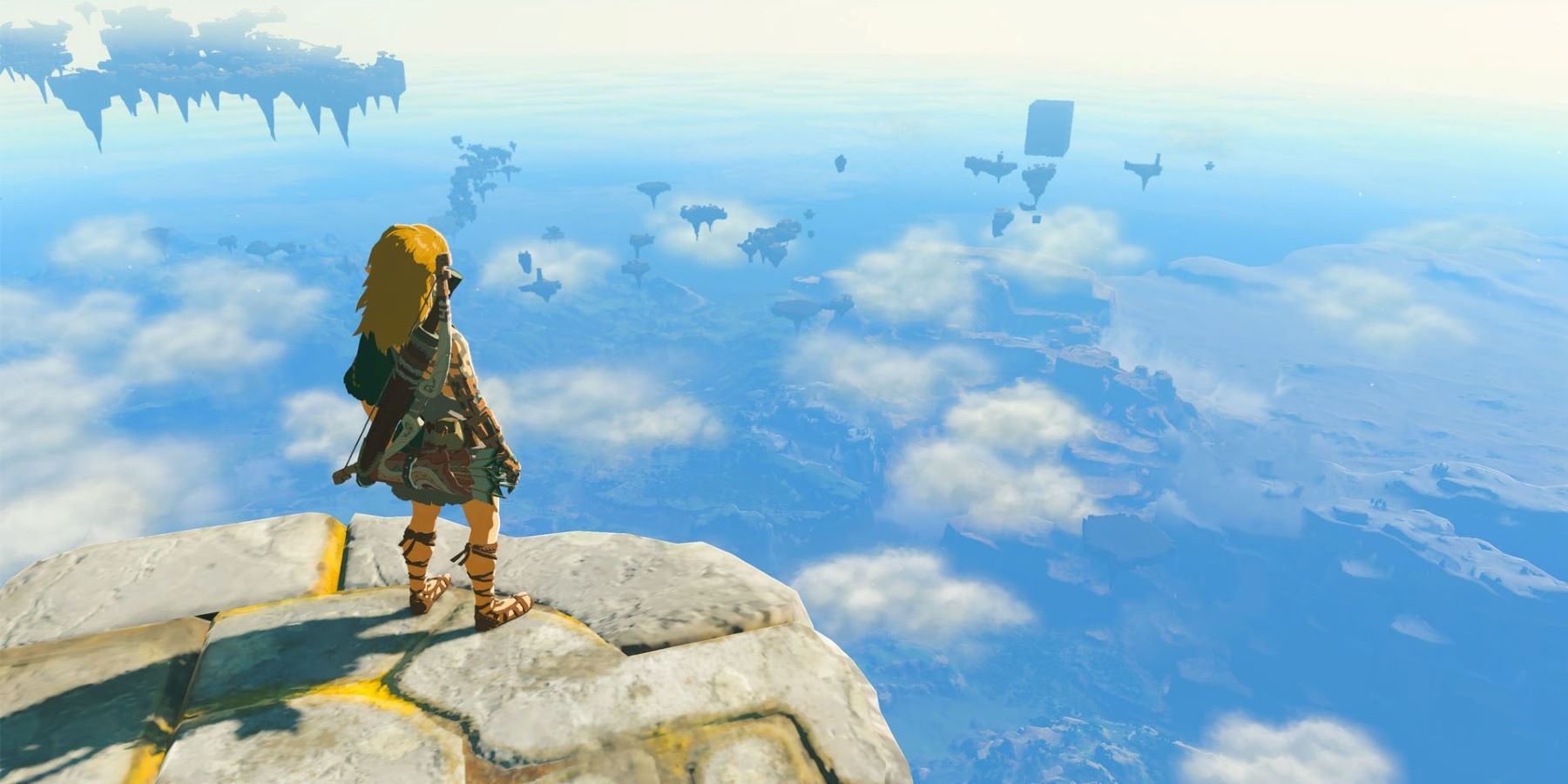Zelda is one of the top franchises where a new game feels like a truly substantial date on the gaming calendar. Each new entry seems to be largely different from the last, but all have common themes that are expected throughout. 2017's Breath of the Wild took it back to basics with a non-linear space that players could explore, unlocking its mysteries as they go, but framed it all in a new open world. It was a similar philosophy to the very first game in 1986, and it's widely believed that its successor, The Legend of Zelda: Tears of the Kingdom, will do something similar.
Naturally, some things will change, as floating areas in the sky and what seems like a heavier emphasis on storytelling are promised. Sound design is something that the series has always done well, and developing on Breath of the Wild's beautiful audial ambiance is vital if it wants to maintain the same level of quality. From the way Link exerts energy on the battlefield to the wonderment of finding a Korok seed, sound is at the heart of the 2017 game's charm and preserving this in the follow-up will elevate its chances at being another great Zelda game.
Zelda's History of Excellent Sound Design is Legendary
There are few franchises that have as iconic music as The Legend of Zelda. Super Mario has a more recognizable main theme and Halo may be more atmospheric, but no matter which adventure Link has embarked on over the last 37 years, his stories always sound the most epic. Like a stalwart companion, a great soundtrack has followed him since the beginning. The opening notes of the likes of Dragon Roost Island in The Wind Waker, Gerudo Valley in Ocarina of Time, and the Dungeon Theme in the original NES classic are immediately recognizable, and the catchy nature of such tunes means they have become etched in the minds of fans ever since.
The music in The Legend of Zelda gives each new area its own distinct sense of identity, and while Breath of the Wild's songs were not as overt, that doesn't mean they weren't fantastic. Warping Hyrule Castle's iconic theme to give the area a real sense of dread was a stroke of genius, and Kass' accordion theme felt like a friendly presence when roaming the expansive open-world map. The Legend of Zelda: Tears of the Kingdom doesn't necessarily have to bring back epic and memorable songs, but it would do well to develop upon the philosophy of the 2017 masterpiece as its sound design, no matter how subtle, was one of its best features.
Tears of the Kingdom has to Immerse Players Like its Predecessor Did
While some criticized the soundtrack of Breath of the Wild, noting that it was too quiet and didn't have the iconic themes of past games, the ambient nature of the sound greatly elevated the immersion that Hyrule provoked. There were plenty of things to do and curiosities in all corners, but the way the game rewarded players with an audial flourish when Link successfully cooks food, finds an item, or opens the Sheikah Slate made exploration feel all the more worth it.
The art style isn't particularly memorable and graphics aren't groundbreaking, so Tears of the Kingdom has to find other ways to make the experience capture gamers' attention for dozens of hours. Improvements to sound design are a suitable way to achieve this while working around the Nintendo Switch's increasingly obvious lack of power.
All signs point to a more epic story being told this time, as trailers and promotional material implies a strong narrative is a high priority rather than stumbling across cryptic moments in the form of Memories to piece a tale together. This gives the game more opportunity to look and sound better, with more scripted events taking place that will require more than a few musical notes to feel like it truly captures the moment. Tears of the Kingdom has the opportunity to improve on something that is truly beloved, and staggeringly well-crafted. It has to retain some of the magic of Breath of the Wild, and sound design is essential to that game's identity, and a big reason why it's memorable for many.
The Legend of Zelda: Tears of the Kingdom releases May 12, 2023 for Nintendo Switch.

